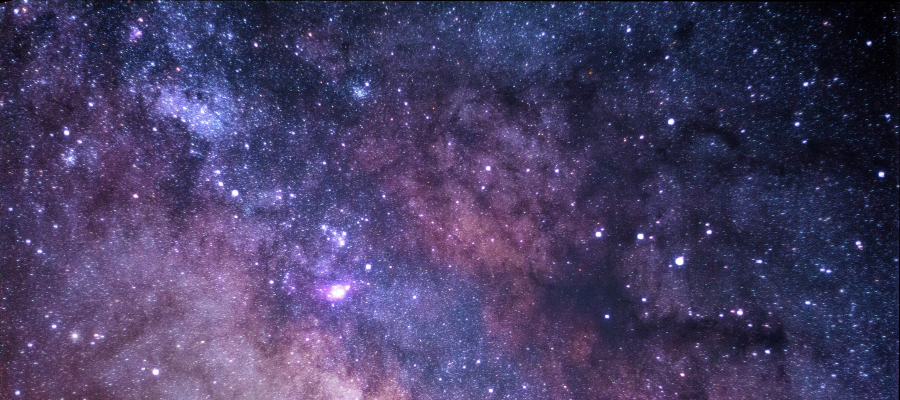God and the Fine-Tuned Universe
Mar 17, 2013If the precise value of many physical constants had been different, the universe would not have supported life, human life, consciousness, philosophy and us.

Many people learn about the inconceivably large universe and start to doubt the significance of human life. Some philosophers have argued that this sentiment is actually just confused. An amazing Aeon article by Nick Hughes charts an alternative course for what motivates this thought. After assessing competing views, he ends up coming up with an explanation that seems to neatly account for our intuitions. And then, towards the end of the article, Hughes proposes how we could overcome this strain of nihilistic thinking.
Here's the full article: https://aeon.co/essays/just-a-recent-blip-in-the-cosmos-are-humans-insignificant
Comments (1)
Insulation
Tuesday, September 3, 2024 -- 3:41 AM
Thank you for your excellentThank you for your excellent efforts
https://www.allbayt.com/